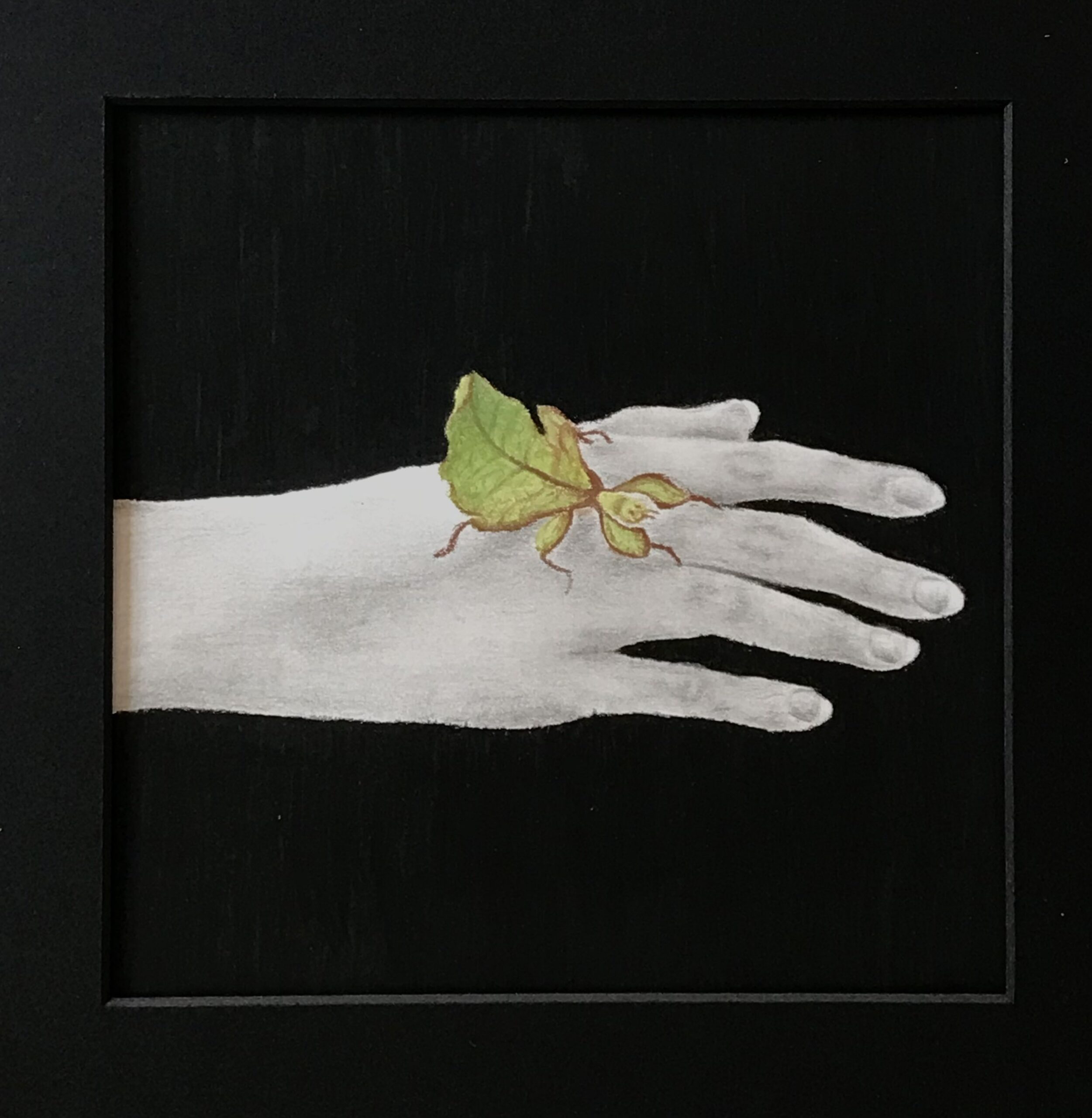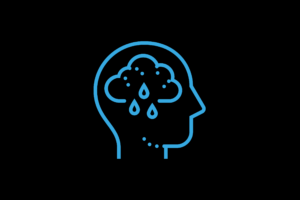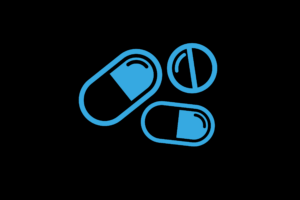It is quite normal for people to compare themselves to others, especially when they are growing up. Humans are social animals, so we seek connection with other people.
Autistic brains work differently to non-autistic brains and we have different ways of communicating and expressing ourselves. Non-autistic people can find it a bit surprising if someone acts in ways that they’re not used to. Sometimes, they might laugh at us, or point out these differences. Autistic young people are unfortunately more likely to be bullied because of this.
We may be taught that, in order to ‘fit in’ we must hide who we are and pretend to be like the people around us. To do that, a lot of autistic people can become very good at observing and imitating those around us. This is called ‘masking’. The more unsafe we feel, the more we are likely to mask. If our attempts keep failing, we may withdraw from social situations altogether.
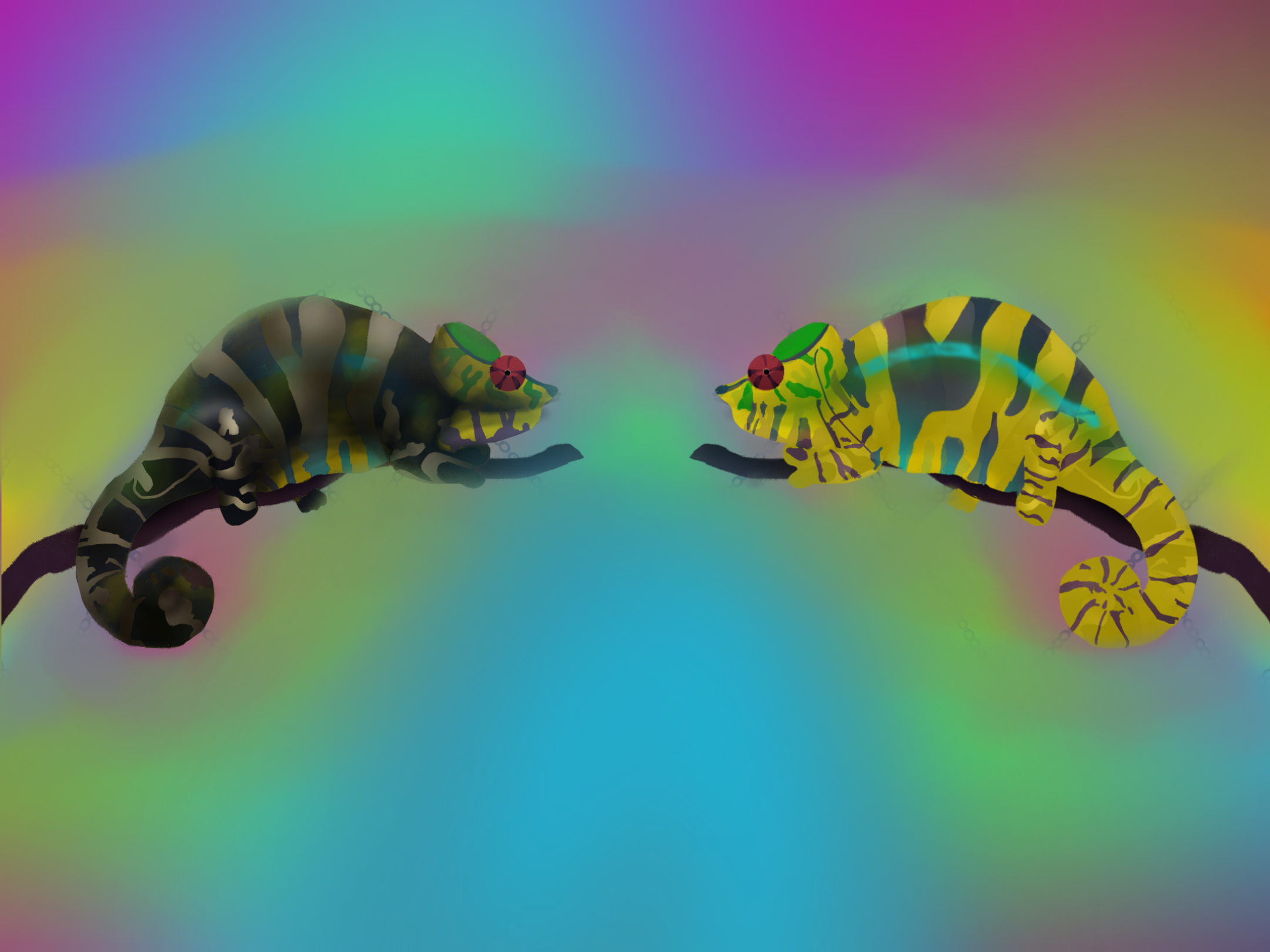
Sometimes autistic people aren’t aware and mimic others subconsciously. We may also hide our feelings and pretend we’re fine when we aren’t. Most autistic people who mask aren’t aware that not everyone does this – they think everyone is pretending as part of the social rules. Many of us will have been doing it from a very young age, so it can become almost automatic – but it is not natural for us.
Masking involves us closely observing others; translating their words, tone, mannerisms and body language into something we understand; considering how we want to respond and then finally translating that into something we think they are most likely to respond well to. We might not realise it, but this takes a huge amount of energy and concentration. If we’re having a more stressful day, or something has gone wrong, we can find it much harder to mask and might find ourselves reacting to situations in ways that feel more natural to us. If we’ve been working really hard to ‘fit in’ and then the mask slips, we are often very hard on ourselves. “Why can’t I just be normal?” We can start to feel quite down on ourselves and this can be hard to recover from.

Masking can keep us safe, certainly in the short term. But many people who mask will eventually reach a point where the effort causes burnout and masking is no longer possible.
Masking also stops genuine connection with others because others only get to know the mask and not the real person underneath.
Some people may choose to mask in certain situations, where connection isn’t important but safety is. And some may not realise that masking is what’s preventing them from creating genuine connections, and not understand that masking is preventing them from forming deeper friendships.
Many autistic people go through a process of “unmasking” once they have received their diagnosis. They recognise that masking a lot is actually quite harmful, and being around people who accept them as they are, without the need to mask, is the best way forward.
Writing led by Matthew Harrison, autistic adult and staff neurodiversity representative at The University of Manchester
What masking feels like for me
I definitely feel a lot better and I can be myself at home. I really can’t be myself when I am not at home, I just can’t it’s hard.
Teachers don’t know how I feel, no, no I don’t think so.
Masking is when you hide how you feel, when you try to hide yourself.
I don’t think masking is a good thing, but when I have tried to tell teachers how I feel one has just laughed and said you need to line up over there. When I looked sad a lot of people said hi to me to try to make me happy, I pretend to be happy and say hi back, but all the attention makes it bad.
If people speak to me when I am out I can’t say what I want to say, I wish I could.
People would be surprised if they knew what I wanted to say, but also I would get scared if they knew.
If my friends knew how I felt, I worry they wouldn’t be my friend because I’m trying to hide my feelings, this happened once.
If I could say what I wanted I would say to people who don’t believe me and think I am OK, it would be, I am not well, I may not be physically ill but I am mentally ill.
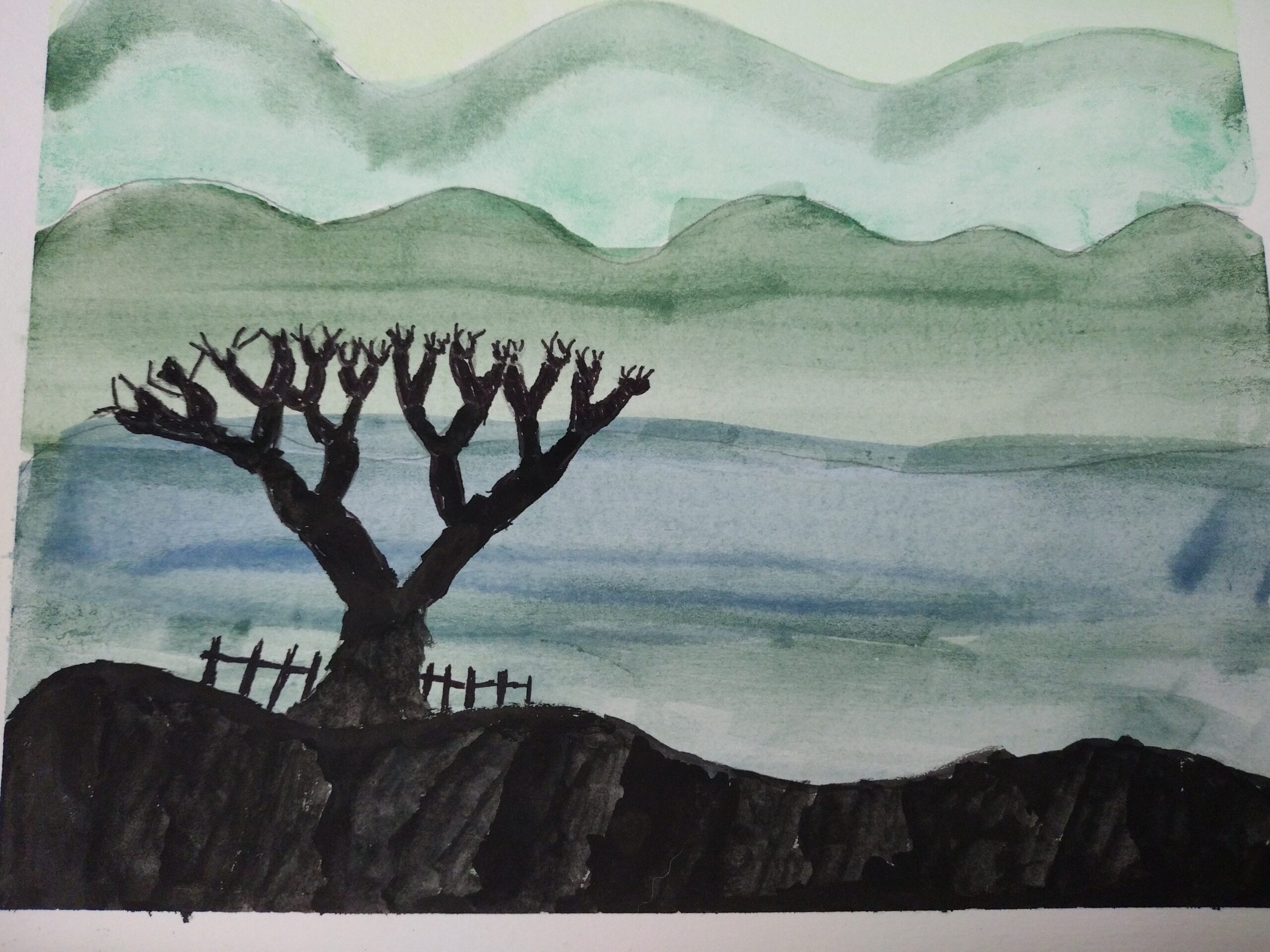
The worst I have ever felt was going into school and being forced onto the stage in front of strangers for Harvest Festival, I was really scared, they gave me lines and I was forced to read it in front of them, I was really scared but I tried my best, I felt really embarrassed I don’t know how badly I stuttered. Afterwards I had to serve food to other classes and then to strangers and give them soup, it was so loud, I had to eat soup but I hate soup. I tried to act happy so I wouldn’t get attention, because teachers and friends would ask me a lot of questions which would make everything a lot worse, I don’t like being asked questions.
Things are now getting better, but not completely, I can you know, I can share my feelings with some people and my parents.
What’s changed, definitely not going back to school anymore, it was just really loud there. I would tell parents, if your child is really bad and can’t manage at school move to home education because I find it a lot easier to talk to my parents than teachers. Being at home is giving me a chance to have some practice and I am managing to be myself and talk to people outside of the house.
I hope this helps other children in school who are struggling.
Written by C, age 9
Facade
This drawing is called Façade and it represents masking. Me and many other autistic people feel like we need to camouflage to fit in with our surroundings, just like the leaf insect, but it’s important for us to know that we’re incredible just the way we are. We are the colour and difference that the world needs.
